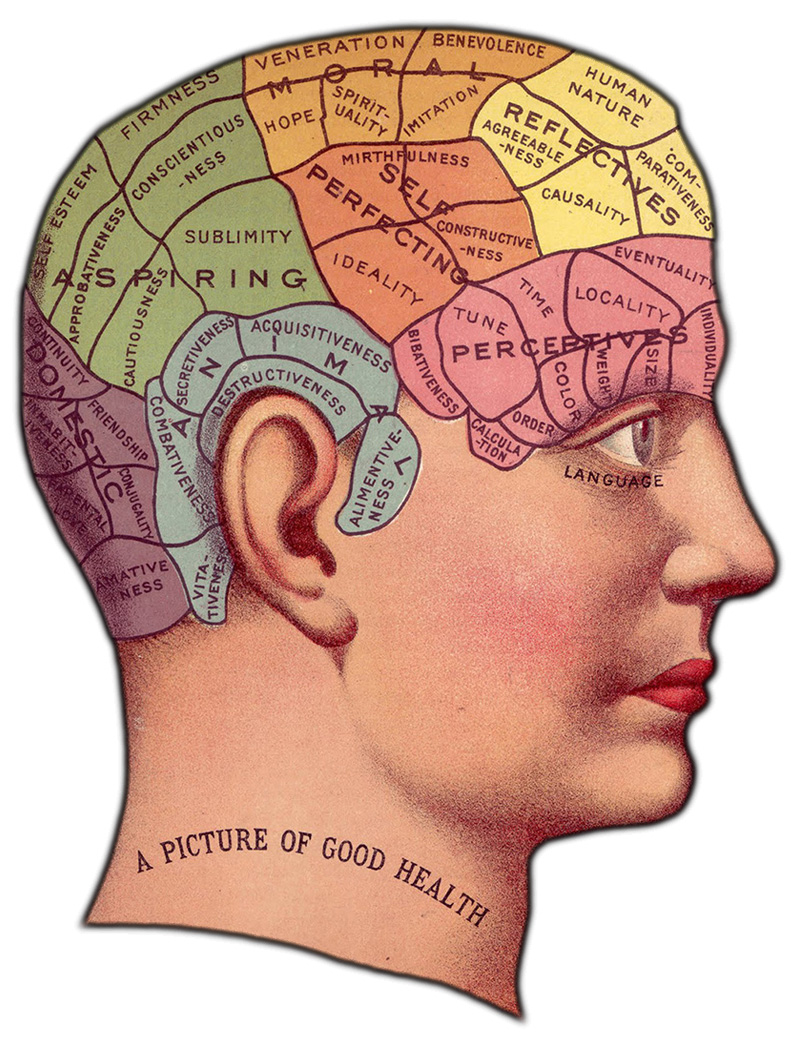Meat machines
 Here’s a headline that caught my attention this morning: “The biology of altruism: Good deeds may be rooted in the brain.” And here’s a reader comment posted to the same page: “Our behavior comes from our BRAINS? Whoodathunkit?”
Here’s a headline that caught my attention this morning: “The biology of altruism: Good deeds may be rooted in the brain.” And here’s a reader comment posted to the same page: “Our behavior comes from our BRAINS? Whoodathunkit?”
Georgetown University researcher Abigail Marsh, whose study is cited in the story, says she’s discovered that people with larger amygdalas are more likely to do extraordinary good than people with smaller amygdalas. Other than fundraising professionals, I’m not sure who stands to benefit from this information, but maybe Pfizer is working on an amygdala enhancement pill for the altruistically underendowed.
Then there’s the correlation-as-causation fallacy, which seems to be making an appearance here. Is anybody studying athletes to see if there’s a correlation between, say, muscle mass and competitiveness? And if one is found, can we expect to see a headline that reads: “The biology of success: Drive to succeed may be rooted in the hamstrings”?
It seems also that any proposed biological explanation for altruism begs the question that consciousness itself is an epiphenomenon of chemical activity in the brain. It assumes that thoughts and feelings are metabolic processes evolved to keep us alive long enough to reproduce. In The God Part of the Brain, Matthew Alper suggests that we invented God as an evolutionary adaptation to our fear of death.
I’m not a scientist or a statistician. Not a philosopher, not a theologian. I haven’t seen the Marsh study and I haven’t seen the milk of human kindness squeezed from an overripe amygdala. Still, maybe because the god part of my brain compels me to do so, I have to wonder how much less hubris is required to claim that everything is potentially within our grasp than would be required to claim that we already know everything worth knowing.
They’re about neck and neck, I think.